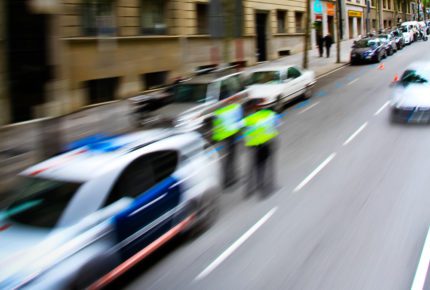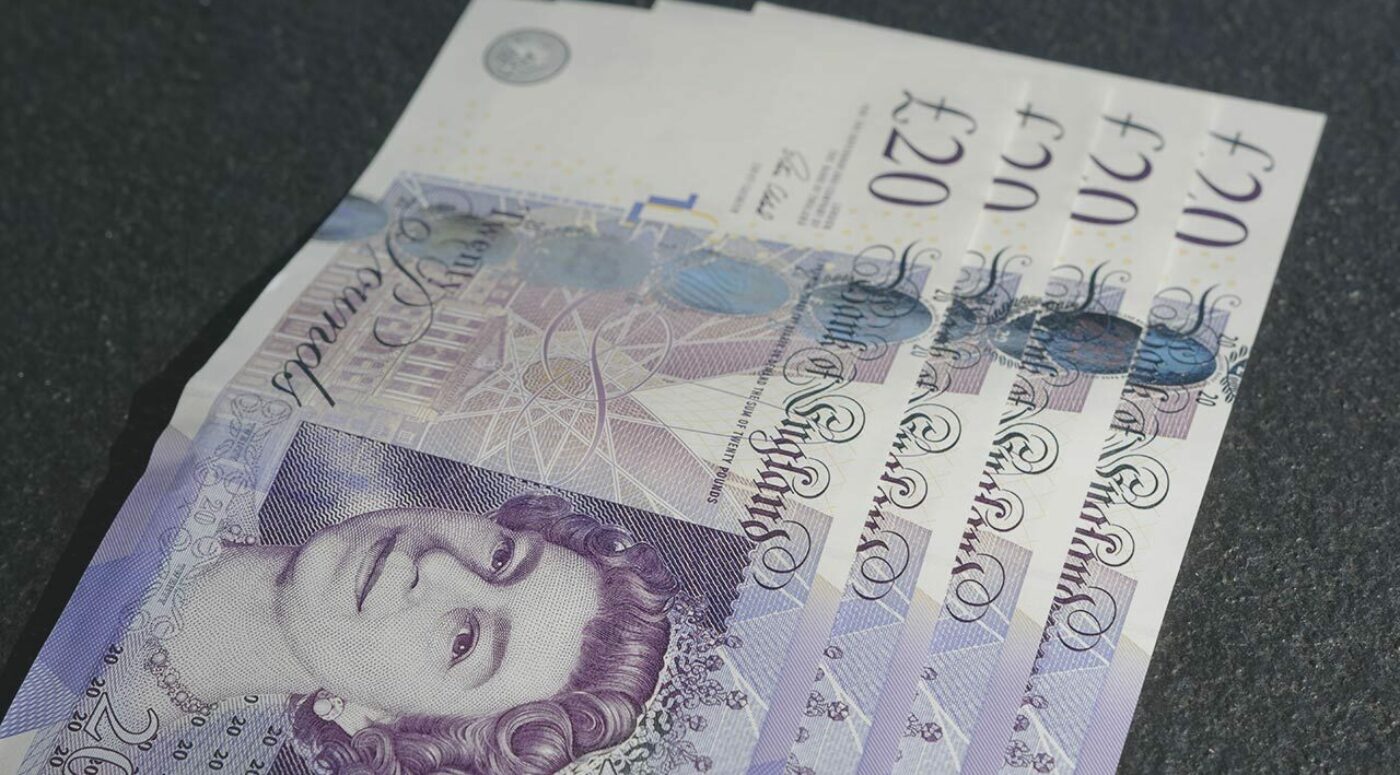

When most people think of the UK Proceeds of Crime Act (POCA), they think of criminals being stripped of their ill-gotten gains. To an extent, this is accurate. However, one of the lesser-known aspects of POCA is that it can be used to confiscate the property of any individual who has benefited from criminal activity, no matter how they are actually connected to the crime. Concerningly for many, these actions can include taking someone’s house as part of a proceeds of crime case. If you are subject to a proceeds of crime confiscation and are concerned about what property can and cannot be taken, we’re here to help. In this article, we will explore how house confiscation works under the POCA and whether or not your other property could be seized.
How does proceeds of crime work?
‘Proceeds of crime’ may refer to the actual proceeds of crime, i.e. the things that were gained as a result of criminal behaviour (money, cars, jewellery, etc.) or it may relate to the broad process by which those proceeds are confiscated by the police.
The Proceeds of Crime Act (POCA) is a piece of UK legislation that was introduced in 2002 with the goal of confiscating the proceeds of crime and deterring people from engaging in criminal activity. POCA allows for the seizure of assets including cash, property, and vehicles. The UK government has wide-ranging powers under POCA to investigate suspected criminals and to seize assets that are believed to be the proceeds of crime.
If you are subject to POCA proceedings, you may find yourself subject to asset confiscation.
What is asset confiscation?
Asset confiscation is the process of seizing assets that are believed to have been obtained through criminal activity. In the UK, there are two types of asset confiscation: civil forfeiture and criminal forfeiture.
- Civil forfeiture. This is when the UK government seizes assets from an individual without having to prove that they are guilty of a crime. The UK government can take action under civil forfeiture if it has reasonable grounds to believe that the property was obtained from criminal activity, even if they have not been convicted of a crime.
- Criminal forfeiture. This is when the UK government seizes assets from an individual who has been convicted of a crime. The UK government must prove that the assets were obtained through criminal activity in order for them to be seized under criminal forfeiture.
In a confiscation, it is common for large amounts of cash to be seized because most criminals will try to ‘clean’ the property obtained through crime to make it look like an innocent benefit. For example, if a car was stolen, they might sell it to a third party cheaply and then take the legitimate cash in its place. Other property may still be seized during the confiscation process, however. Any item with a value of over £1,000 may be subject to confiscation, including luxury clothes, jewellery, watches, collectibles, and artwork.
What happens if you can’t pay POCA?
If you are ordered to pay POCA but you cannot afford to do so, there are a couple of options available to you.
The UK government may allow you to pay the money over a period of time, or they may agree to take other assets instead of cash.
Similarly, a court may be able to extend the time you have to repay a POCA amount by six months, but only if you can show exceptional circumstances as to why you require this time.
If you are still unable to pay via either of these options, the UK government can take action to seize your property, including your house, car, and other valuable assets.
What can and can’t POCA take?
The most common question criminal defence solicitors receive when working on POCA cases is ‘What can and can’t POCA take?’ It is natural for you to worry about this because your legitimately acquired assets can be subject to POCA confiscation just as any illegitimately gained ones can.
Generally speaking, any ‘available asset’ can be confiscated and sold to raise funds equivalent to the amount determined to have been acquired as proceeds of crime. This amount may be small, or it may go into the multiple millions.
Can POCA take inheritance?
Inheritance money is not automatically exempt from POCA just because it originally came from someone else. Indeed, Section 22 of the POCA permits inheritance – just like any other cash savings, stocks, bonds, and other financial assets – to be confiscated in partial or full realisation of the original benefit figure.
The government does not necessarily care where the monies have come from as long as the original amount believed to be obtained as the proceeds of crime is met.
Can POCA take your house?
Your house can be seized as part of a proceeds of crime case if the government believes that it was obtained through criminal activity (such as if you forced someone to transfer the house into your name by threat of violence). Likewise, the house can be seized if it was purchased with money believed to be obtained through criminal activity. In order to confiscate your house, the UK government must first obtain an order from a court. Once the order is obtained, the UK government can take action to seize your property.
The rationale is the same here: the government will try to take any valuable asset to reach the proceeds of crime benefit amount.
Can POCA take your car?
The short answer is ‘yes, POCA can take your car.’ Like with other asset confiscations, the government is concerned about retrieving the value of the proceeds of crime, and if it needs to confiscate a car in order to raise those funds, it will do so.
Can POCA take joint property?
Any joint property may be confiscated by the authorities if it can be proven that the property was obtained through criminal activity. If it cannot, and only one partner was involved in the procurement of the illegal benefit, then there is still a chance that joint property can be seized. In some circumstances, the courts will recognise that an innocent partner has an interest in the property, and accordingly their share will not be confiscated, but that does not stop the authorities from seizing the property and forcing its sale. If the partner knew about the criminal activity, the courts may force them to forfeit their rights to the property anyway.
What do the police do with seized property?
It can be difficult to find out exactly what happens to property once the police seize it. In the first instance, they keep it to be used as evidence. When proceedings are over, the property may be sold.
When valuable items are sold, the monies raised are usually split 50:50 between the police and the Home Office. These monies are, therefore, used to fund other law enforcement and public safety initiatives, such as crime prevention. Money may also be used to fund community programmes locally or nationally.
If you have had your property seized by the police, you may be able to get it back if you can prove that it was not obtained through criminal activity. You will need to make an application to the court and provide evidence to support your claim. Ask your solicitor for advice on how to navigate this process.
Does POCA last forever?
No, POCA does not last forever. The UK government can only take action to confiscate assets for a period of six years after the date on which the criminal activity took place. Once POCA has been initiated, you typically have to repay any proceeds of crime or an amount equivalent thereto within 3 months, but the court could extend this up to 12 months if required.
Can you appeal a POCA decision?
Yes, you can appeal a POCA decision if you believe that the UK government has made a mistake. To do so, talk to a qualified criminal defence solicitor who specialises in POCA proceedings. Note, however, that judicial discretion (i.e. the whim of the judges) reigns supreme in this arena, so it can be very difficult to get a POCA case overturned or dismissed without compelling evidence.
Where to get more help with a POCA case?
If you or someone you care about is subject to asset and property confiscation under POCA, get in touch with a qualified and experienced criminal defence solicitor as soon as possible. The experts at Stuart Miller Solicitors have decades of combined experience in this niche and can advise you on the best way to respond to any current or potential confiscation orders. We might even be able to prevent your house from being confiscated in the first place. For a free, no obligation chat about your unique situation, get in touch with the team at Stuart Miller Solicitors today.
OUR COMMITMENTS TO YOU:
-
Responsive
A legal expert will consult you within 24 hours of making an enquiry.
-
Empathetic
We will always treat you with trust, understanding and respect.
-
Specialised
Your case will be handled by an expert who specialises in your type of offence.
-
Proactive
We will take early action to end proceedings as soon as it is practically and legally possible to do so.
-
Engaged
You will be kept updated on your case at all times. We will provide a named contact available to answer your questions.
-
Caring
We understand this is a difficult and stressful time for you and your family. Our team will support you every step of the way.
-
Tenacious
We will never give up on your case. We fight tirelessly to get you the best possible outcome.

